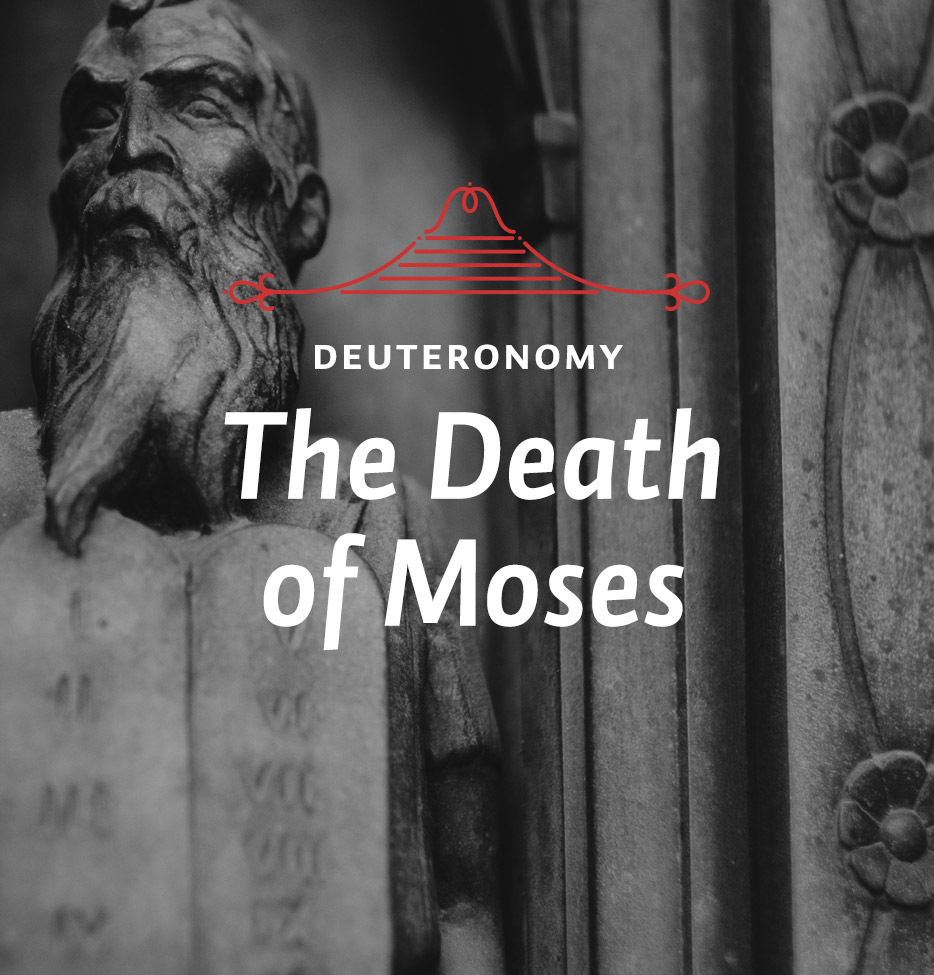Moses wrote the Pentateuch, and under difficult circumstances. Has there been any other written work more influential in the long history of the world than the first five books of the Bible? Christians have the Gospels, and we love the Pauline epistles, but Genesis, Exodus, Leviticus, Numbers, and Deuteronomy are an achievement of a monumental order, even from a literary or historical point of view. And they were all written by one man.
But what’s important is not how I evaluate him. The important thing is how God sees Moses, which we have at the very end of the book: “Since then no prophet has risen in Israel like Moses, whom the LORD knew face to face, who did all those miraculous signs and wonders the LORD sent him to do in Egypt—to Pharaoh and to all his officials and to his whole land. For no one has ever shown the mighty power or performed the awesome deeds that Moses did in the sight of all Israel” (vv. 10-12). This tells us that Moses was the greatest spokesman for God, as well as the greatest worker of miracles, in the entire Old Testament period. It also gives us the secret of his success. It was that he knew God face-to-face. He knew God, he spent time with God, he loved God, and God was always in his mind and in his heart. F. B. Meyer wrote: “All that he wrought on earth was the outcome of the secret abiding of his soul in God. God was his home, his help, his stay. He was nothing: God was all. And all that he accomplished on the earth was due to that Mighty One indwelling, fulfilling, and working out through him, as his organ and instrument, his own consummate plans.”1
God was Moses’ focus, his first true and only love, his constant companion, and the subject of his most exalted meditation throughout his many long years. God was his life’s goal and his desired home, and he’s with God today. Now in this focus, Moses rightly makes us think of Jesus. Christ lives with the Father. Everything He does is for the Father, and everything He does pleases the Father (see John 5:19-21). Though Jesus came after Moses, Moses is following in that pattern.
This is what you and I are called to do. How are we going to show forth the power of God to this world that doesn’t have the faintest idea what God is really like? There’s only one way. We have to live for God. God must be at the center of our minds and in our hearts. We have to do our work, earn our living, make our meals, and all that sort of thing, within the framework of the presence, blessing, and glory of our God.
This doesn’t happen naturally. If it’s going to happen to us, we have to spend time with God. We can never emphasize that enough. Spend time with God. There’s no substitute. Then, because we spend time with God, we must obey God. Moses was the great lawgiver, and he stressed that again and again. You must obey God. It’s not just a kind of pious mood you get in when you spend time with God. We must obey God, too. Moses did that. We must also trust God. Think of all the terrible things Moses went through. How difficult it was! Sometimes, it seemed as if everyone turned against him at various points, even his own family. But through it all this great man knew he could trust God.
I don’t know what’s going to come into your life or my life this year. You might go through very difficult things. God allows such things to happen to His people. But in these serious trials the people of God triumph and show forth His grace because they have their eyes on God and they want to serve God. That needs to be true of us, throughout our earthly lives, until Jesus comes again.
1F. B. Meyer, Moses: The Servant of God (New York: Revell, n.d.), 184.






